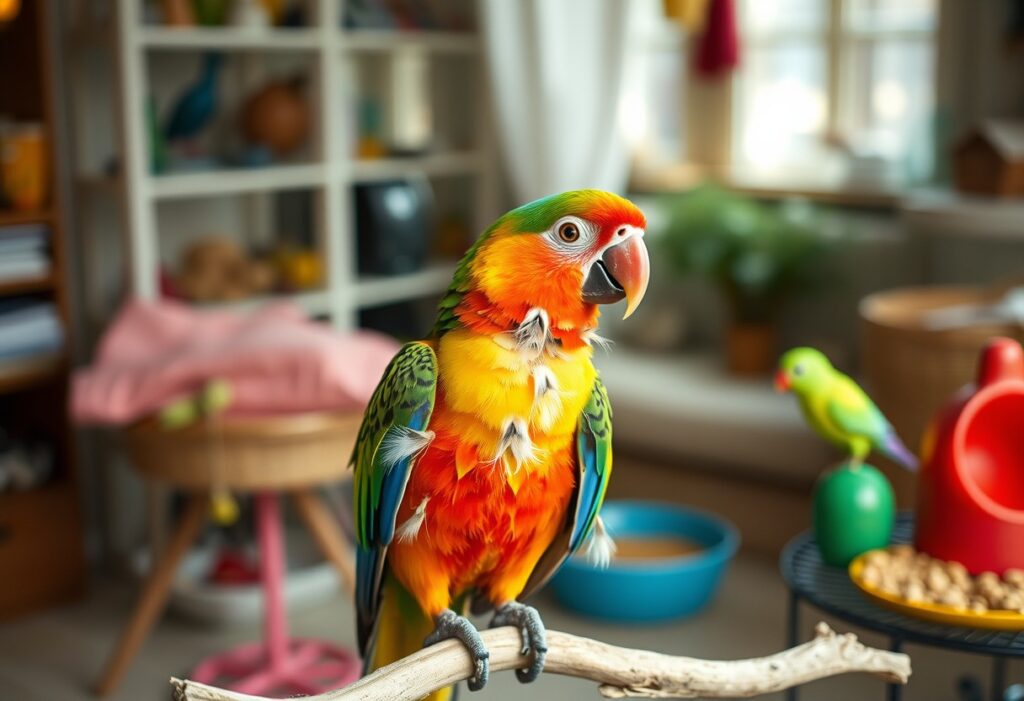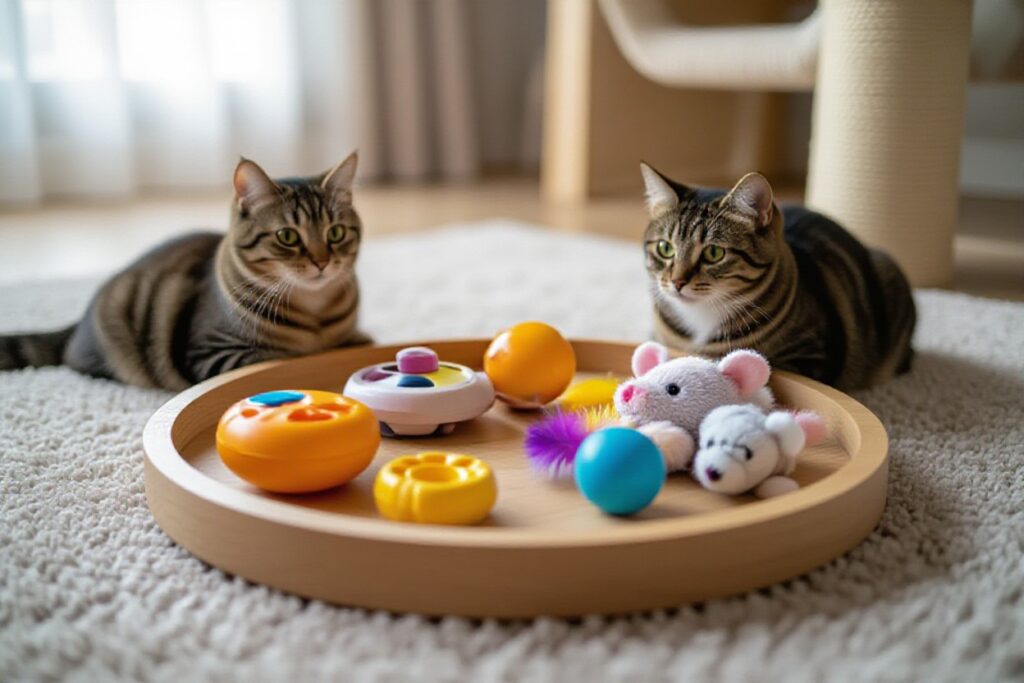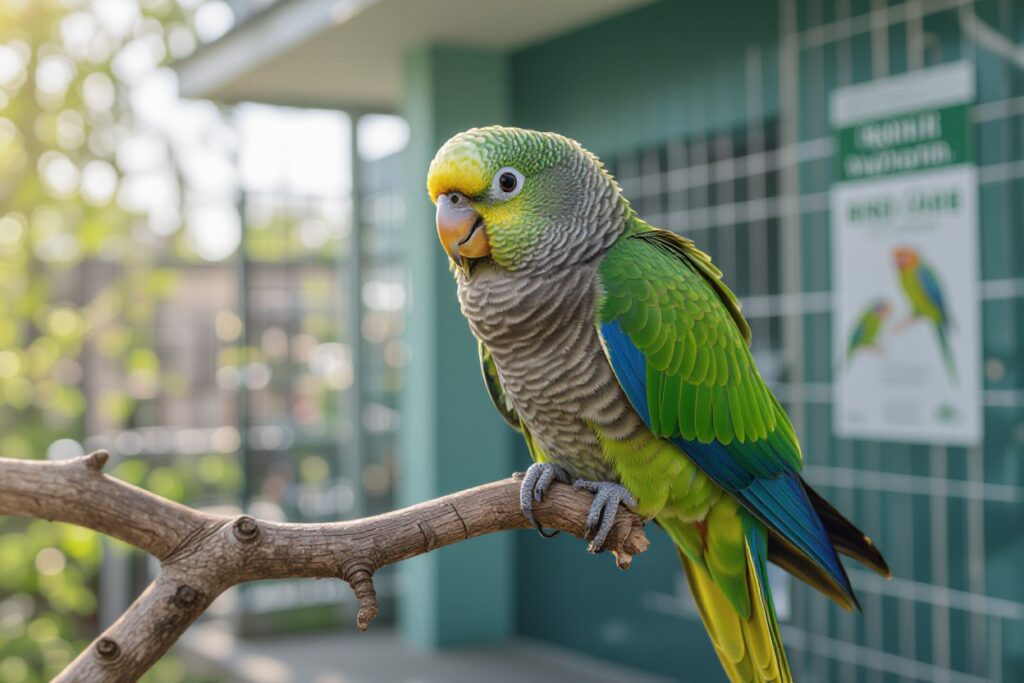Many bird owners underestimate the importance of regular interaction for their feathered friends. When you engage with your birds, you not only promote emotional well-being, but you also enhance their physical health and enrich their social skills. Neglect can lead to various behavioral issues, such as feather plucking and excessive screeching, while regular bonding time fosters a sense of security and happiness. By understanding the pivotal role you play in your bird’s life, you can ensure that your pet thrives in a stimulating and loving environment.
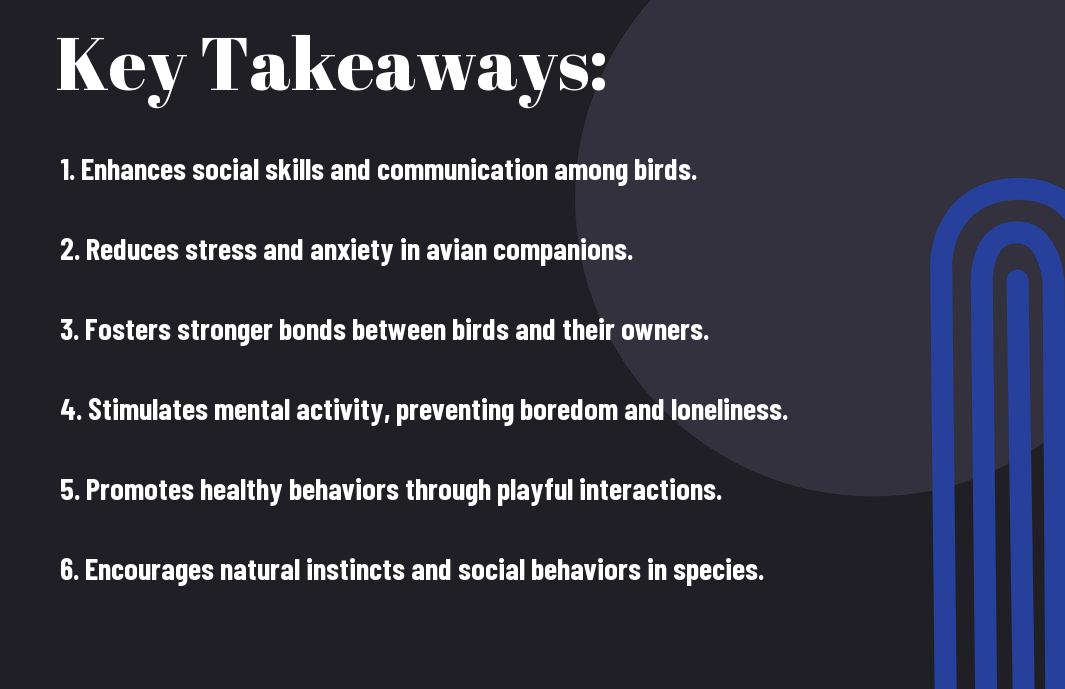
Importance of Social Interaction
A healthy social life is as crucial for birds as it is for humans. Birds are inherently social creatures, thriving on the companionship and interactions they find in their natural environments. Regular interaction not only keeps your feathered friend engaged but also allows them to exhibit their natural instincts and behaviors that might otherwise go unfulfilled in a solitary setting.
Natural Behavior in Wild Birds
To understand the significance of social interaction, consider how birds behave in the wild. In their natural habitats, birds often live in flocks, where they communicate, groom one another, and engage in playful activities. This social structure is vital for their survival, providing them with protection, assistance in foraging, and opportunities for mating. Mimicking that environment becomes important for you as a bird owner, ensuring that your pet can fulfill its natural social instincts.
To foster an environment similar to the wild, you can create opportunities for interaction either through companionship with other birds or engaging in social activities with humans. This not only allows them to stay active but also reduces stress and encourages positive behaviors, such as proper vocalization and exploration. It’s important that your bird feels like part of a community, whether that community is made up of other birds or the family with which it lives.
Impact on Mental Health
With the right social interactions, your bird can experience a significant improvement in its mental health. Birds that lack interaction often display signs of distress, such as excessive screaming, feather plucking, or self-destructive behaviors. When you provide your bird with regular opportunities to socialize, you create a stimulating environment that can help mitigate these issues. By engaging your bird in social play, you are enhancing its emotional well-being and keeping its spirit lively.
A happy bird is one that feels mentally stimulated and secure in its social environment. Ensuring that your bird has access to social interactions can also lead to improved cognitive functions, allowing it to learn new tricks, mimic sounds, and become more adaptable to changes in its environment. By prioritizing social engagement, you can help your feathered companion avoid the negative impacts of loneliness and ensure that its mental health flourishes in the long run.
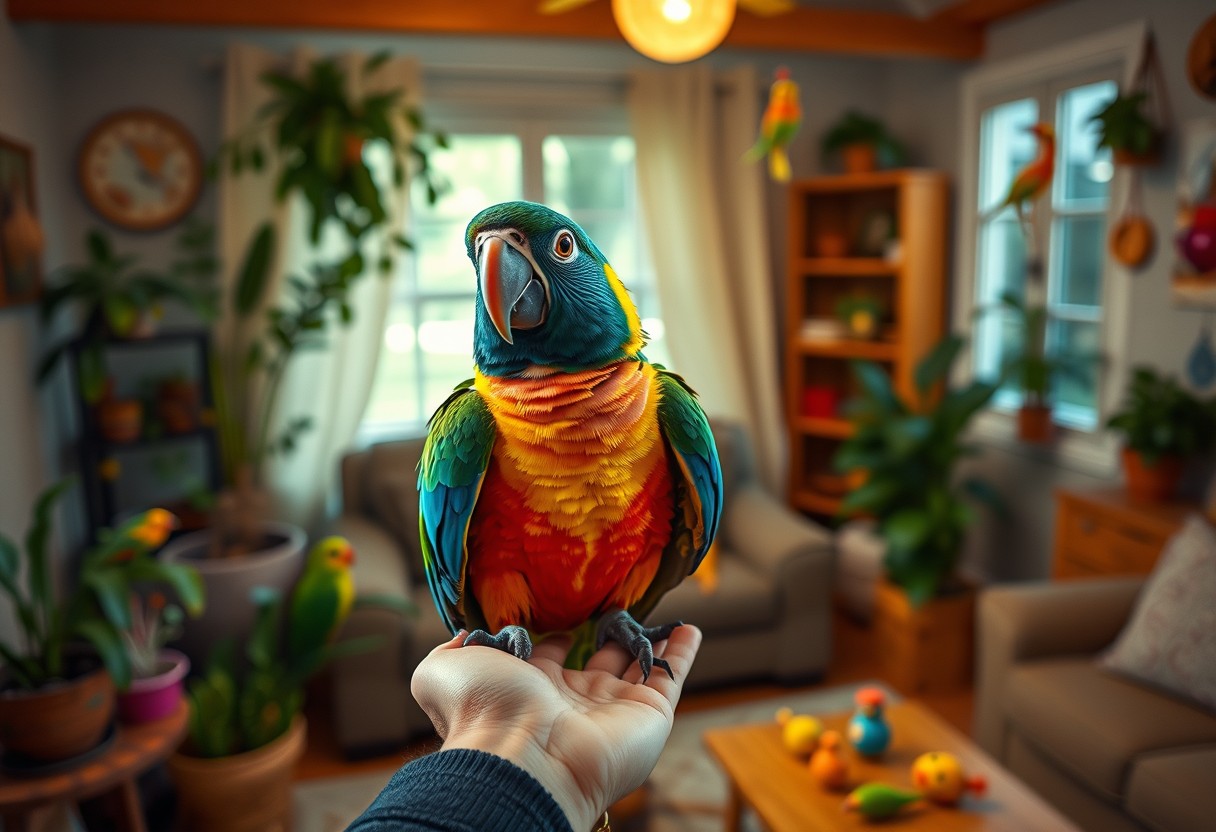
Benefits of Interaction with Humans
It is necessary for you to recognize that regular interaction with humans can significantly enhance your bird’s overall well-being. Birds are highly social creatures, and engaging them in meaningful ways not only contributes to their happiness but also fosters a healthier relationship between you and your feathered friend. When you take the time to interact, you provide your bird with opportunities for mental stimulation and emotional support that are vital for their development.
Enhanced Bonding and Trust
Interaction with your bird strengthens the bond of trust and companionship you share. When you engage in activities such as talking, singing, or simply spending quality time together, your bird learns to see you as a source of safety and comfort. This trust is crucial for their emotional health, as birds that feel secure are less likely to exhibit signs of stress or fear. Through regular interaction, you create a nurturing environment where your bird can thrive.
Additionally, consistent communication helps your bird develop a better understanding of your cues and intentions. As you spend more time together, your bird will become more attuned to your voice and body language, which can lead to a more responsive and joyful relationship. This enhanced bonding not only makes your time together more enjoyable but also encourages your bird to express themselves more freely, ultimately enriching their quality of life.
Behavioral Enrichment
Benefits of regular interaction with you extend to providing your bird with critical behavioral enrichment. Engaging with your feathered companion allows you to introduce new activities, toys, and experiences that keep their minds stimulated. Birds, when left in isolation for long periods, can develop maladaptive behaviors such as feather plucking, excessive vocalization, or aggression. By making interaction a part of your daily routine, you can significantly reduce the risk of these negative behaviors.
With regular engagement, you can also observe your bird’s preferences and adapt activities to meet their interests. Introducing varied forms of play—such as training, foraging, or simply exploring new environments—offers your bird an opportunity to exercise their natural instincts and curiosity. Engaging your bird is not just a way to pass time; it directly impacts their emotional and physical health. By providing this vital enrichment, you help ensure that your bird leads a fun, fulfilling life that ultimately strengthens your bond.
Group Dynamics Among Birds
After observing birds in their natural habitats, you can witness the intricate group dynamics that exist among them. These interactions are not merely social; they play a crucial role in their survival, reproductive success, and overall well-being. Understanding how these dynamics operate allows you to appreciate the complexities of avian life. By delving into two vital aspects—establishing hierarchies and social learning opportunities—you can gain insights into the benefits of regular interaction among these remarkable creatures.
Establishing Hierarchies
An crucial component of group dynamics in birds is the establishment of hierarchies. Within a flock, individual birds often assume particular roles that contribute to the overall stability and functionality of the group. This hierarchy can provide a sense of order that reduces conflict and helps maintain peace during feeding or nesting. By observing interactions, you’ll notice that dominant birds tend to have priority access to resources, while subordinate birds learn to navigate their place within the group. This system is critical for ensuring that all members can thrive, albeit in differentiated ways.
Social Learning Opportunities
The interactions among birds also facilitate numerous social learning opportunities. The collective experiences of the group can serve as powerful teaching moments, providing you with insights into how young birds acquire vital skills for survival. For instance, you may observe younger birds watching their elders to learn crucial behaviors such as foraging techniques, predator recognition, and mating rituals. These learned behaviors significantly increase individual survival rates and can even enhance the adaptability of the group as a whole.
Opportunities for social learning are particularly important in complex environments where challenges are continuously evolving. By interacting with older, more experienced birds, younger individuals can quickly adapt to new situations, enhancing their survival chances. As you watch these interactions unfold, remember that fostering a healthy group dynamic not only strengthens individual birds but also promotes a resilient community. This reciprocal learning environment underlines the importance of social interactions, as individuals thrive through active participation in their social networks.
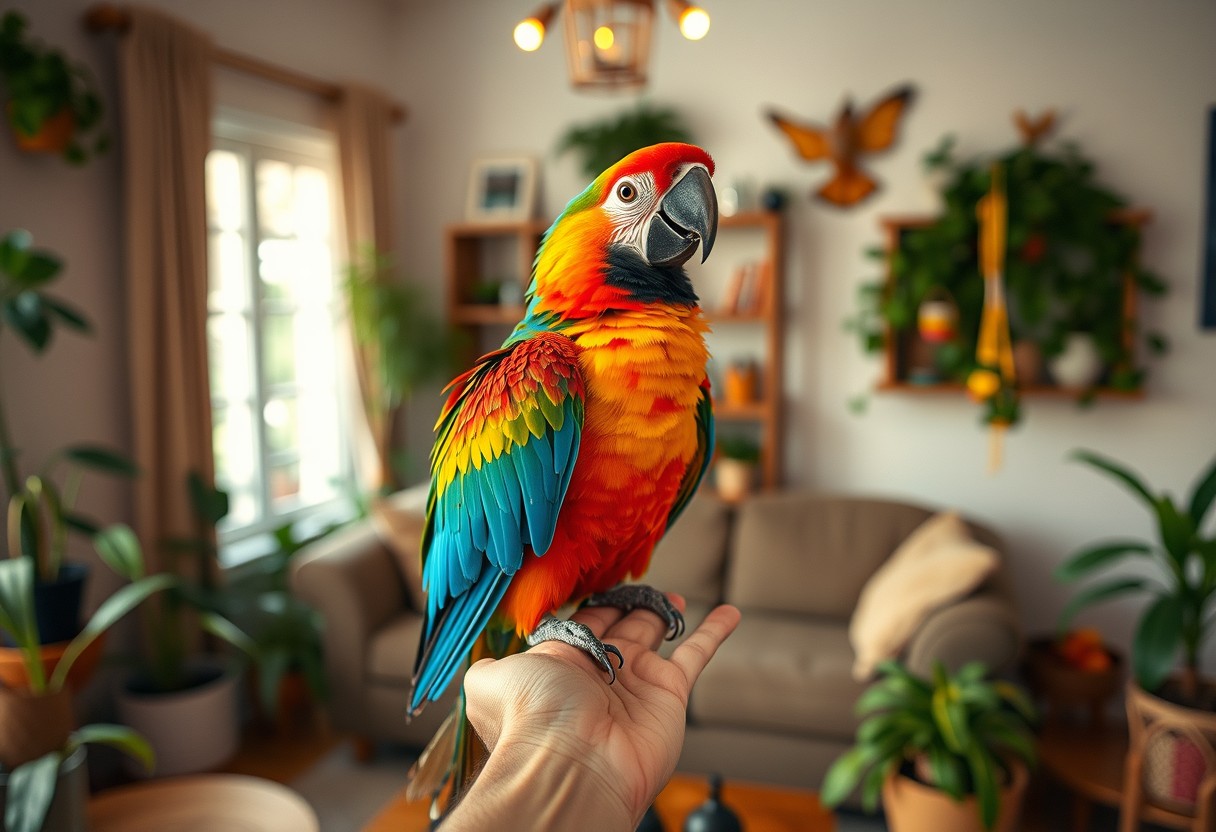
Strategies for Encouraging Interaction
Once again, creating a thriving environment for your birds to interact is important for their well-being. Implementing specific strategies can significantly increase the opportunities for socialization and bonding among your birds, whether they are living with you or in a community with other avian species. By focusing on both engaging activities and a safe social environment, you promote healthy interactions that can reduce stress and stimulate mental engagement.
Engaging Activities and Games
The best way to encourage interaction among your birds is through engaging activities and games that capture their interest. Introduce toys that require teamwork to navigate, such as puzzle feeders or treat balls, which require birds to work together to access the goodies inside. You can also organize playtime sessions where you allow your birds to explore supervised spaces filled with various enriching toys, providing endless opportunities for them to bond as they play.
Additionally, consider rotating toys and activities to maintain their novelty, as birds can quickly lose interest in familiar objects. Activities that mimic natural behaviors, such as foraging, will enhance their physical and psychological stimulation, promoting social interaction among your feathered friends. Do not forget, the more excited and engaged they are, the more likely they will be to interact positively.
Creating Safe Social Environments
Safe environments are crucial to fostering positive interactions among your birds. Ensure that their shared space is free from hazards, such as sharp edges, toxic plants, or other animals that could pose a threat to their safety. This creates a sense of security, allowing your birds to feel comfortable while exploring and engaging with one another. Making sure each bird has its own private space or retreat can also help reduce stress during social interactions.
Creating a harmonious atmosphere in your birds’ living space plays a vital role in their ability to interact. By offering sufficient space and resources, such as feeding stations and perches, you minimize competition and aggression. This promotes healthy relationships among your birds, which can be crucial for species that are naturally social. As a bird owner, it’s your responsibility to ensure that your feathered friends have a secure, nurturing environment that facilitates positive interactions.
Conclusion
With this in mind, it is necessary for you to recognize the significant benefits that regular interaction offers to your birds. Engaging with your feathered friends fosters not only their emotional well-being but also enhances their cognitive abilities. By spending quality time with your birds, you can create a stimulating environment that encourages vocalization, problem-solving, and social behaviors, which are vital for their overall development and happiness.
Additionally, regular interaction strengthens your bond with your birds, allowing you to better understand their needs and behaviors. This deeper connection can lead to healthier, more contented pets that exhibit fewer behavioral issues. Therefore, by prioritizing interaction, you are making a commitment to improving the quality of life for your birds while also enriching your own experience as a pet owner. Keep this in mind as you initiate on your journey of connecting with these remarkable creatures.
FAQ
Q: Why is regular interaction important for a bird’s mental health?
A: Regular interaction is crucial for a bird’s mental health as it provides mental stimulation and discourages boredom, which can lead to serious behavioral issues such as feather plucking or aggression. Birds are social creatures by nature, and consistent engagement helps them develop their problem-solving skills, enhances their ability to socialize, and maintains their overall emotional well-being. Activities like talking, playing, and training sessions help keep their minds active and prevent the feelings of loneliness and distress that can arise in solitude.
Q: How does interaction with humans impact a bird’s social behavior?
A: Interaction with humans significantly impacts a bird’s social behavior by mimicking the social structures they would experience in the wild. When birds receive regular attention and interaction, they develop stronger bonds with their owners, leading to increased trust and a sense of security. This interaction can help them learn social cues, which is vital for their communication skills, allowing them to thrive in a domestic environment. By engaging in social activities, such as talking, singing, or playing with toys, birds can also enhance their social adaptability, making them better companions both with humans and other birds.
Q: What are some effective ways to ensure regular interaction with pet birds?
A: To ensure regular interaction with pet birds, owners can establish a daily routine that includes specific time slots for play, training, and socialization. For instance, setting aside at least 1-2 hours each day for out-of-cage time, during which the bird can explore safely in a controlled environment, is beneficial. Integrating puzzle toys, offering opportunities for vocalization, and participating in interactive games can also encourage playfulness and interaction. Additionally, owners can incorporate training sessions that teach new tricks and commands, reinforcing positive behavior and creating a stronger bond. The presence of a consistent schedule helps birds understand when to expect interaction, which can reduce anxiety and improve their overall happiness.

